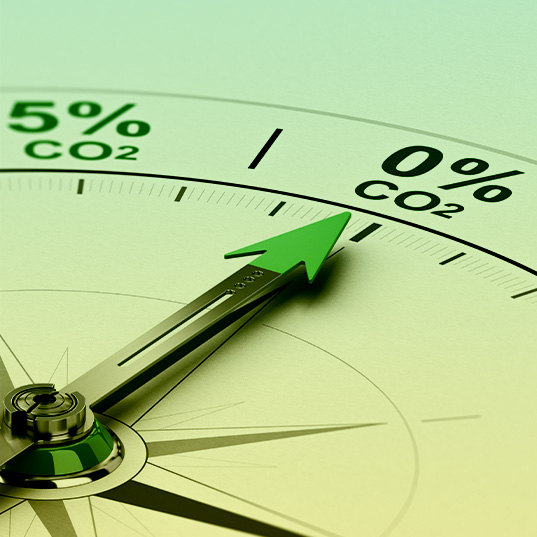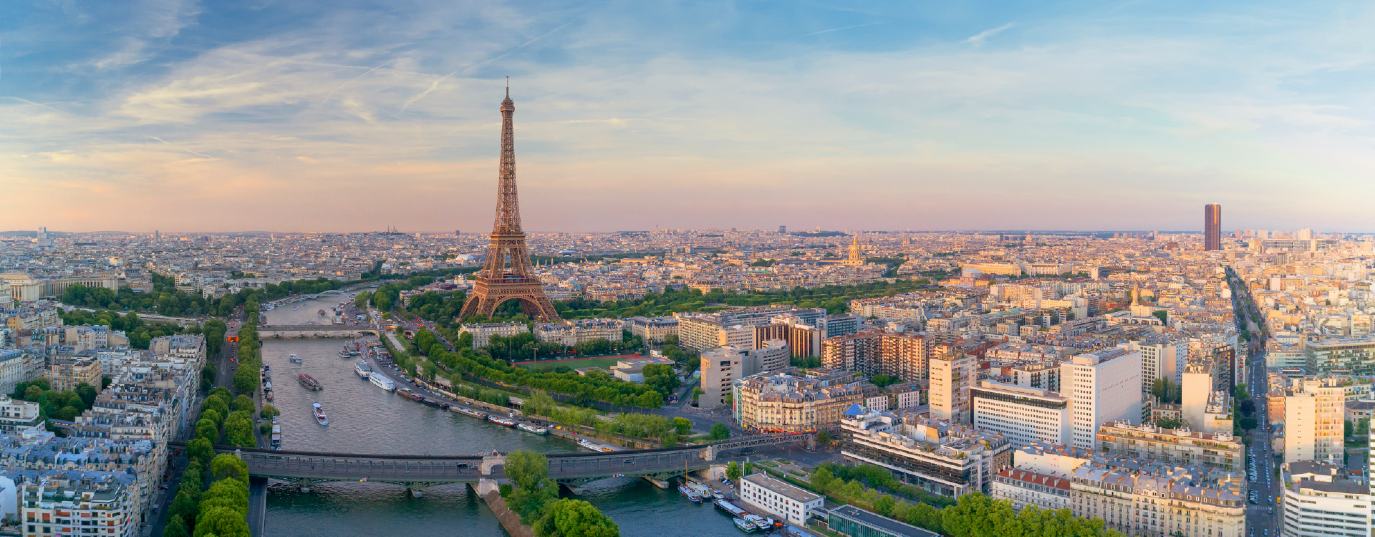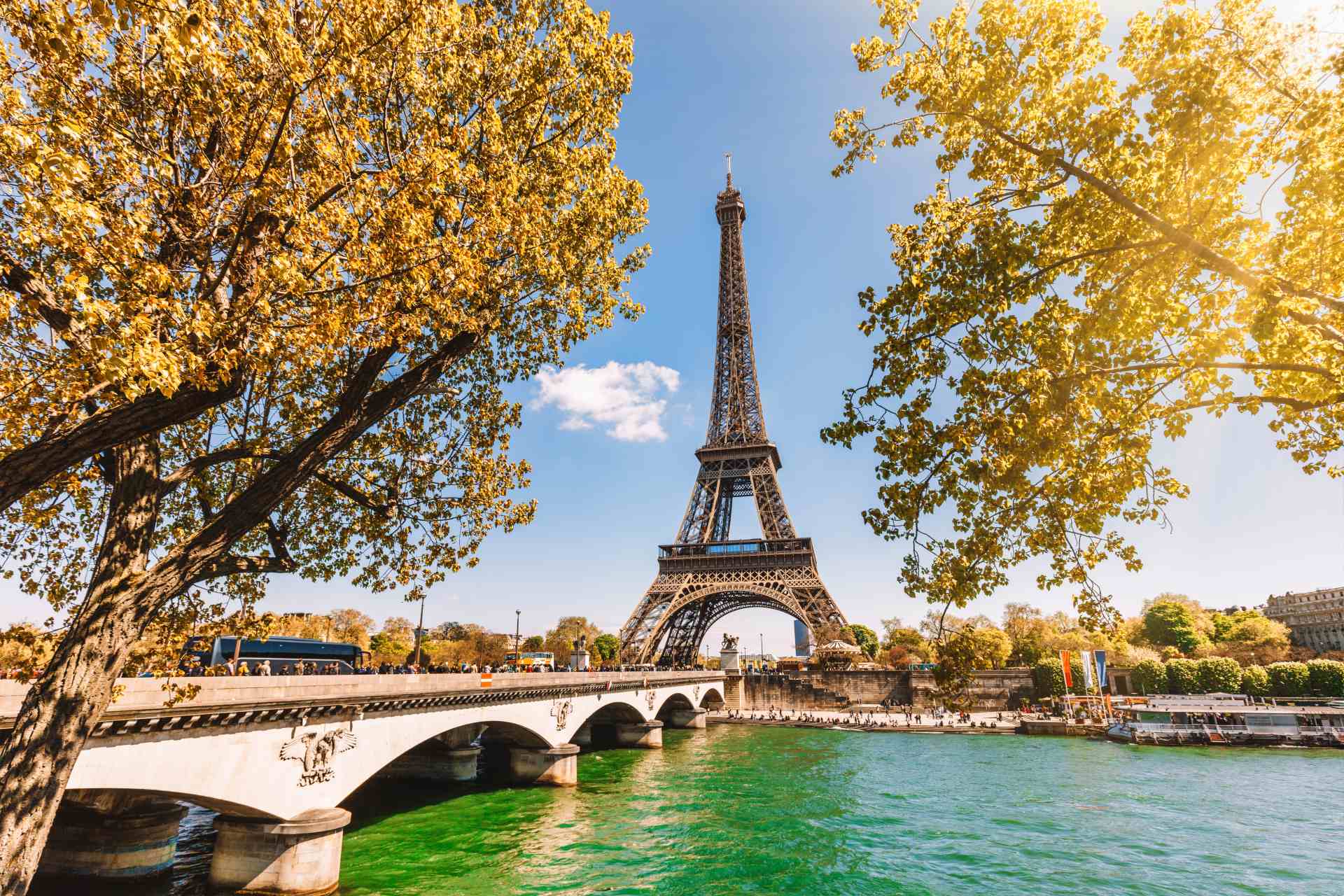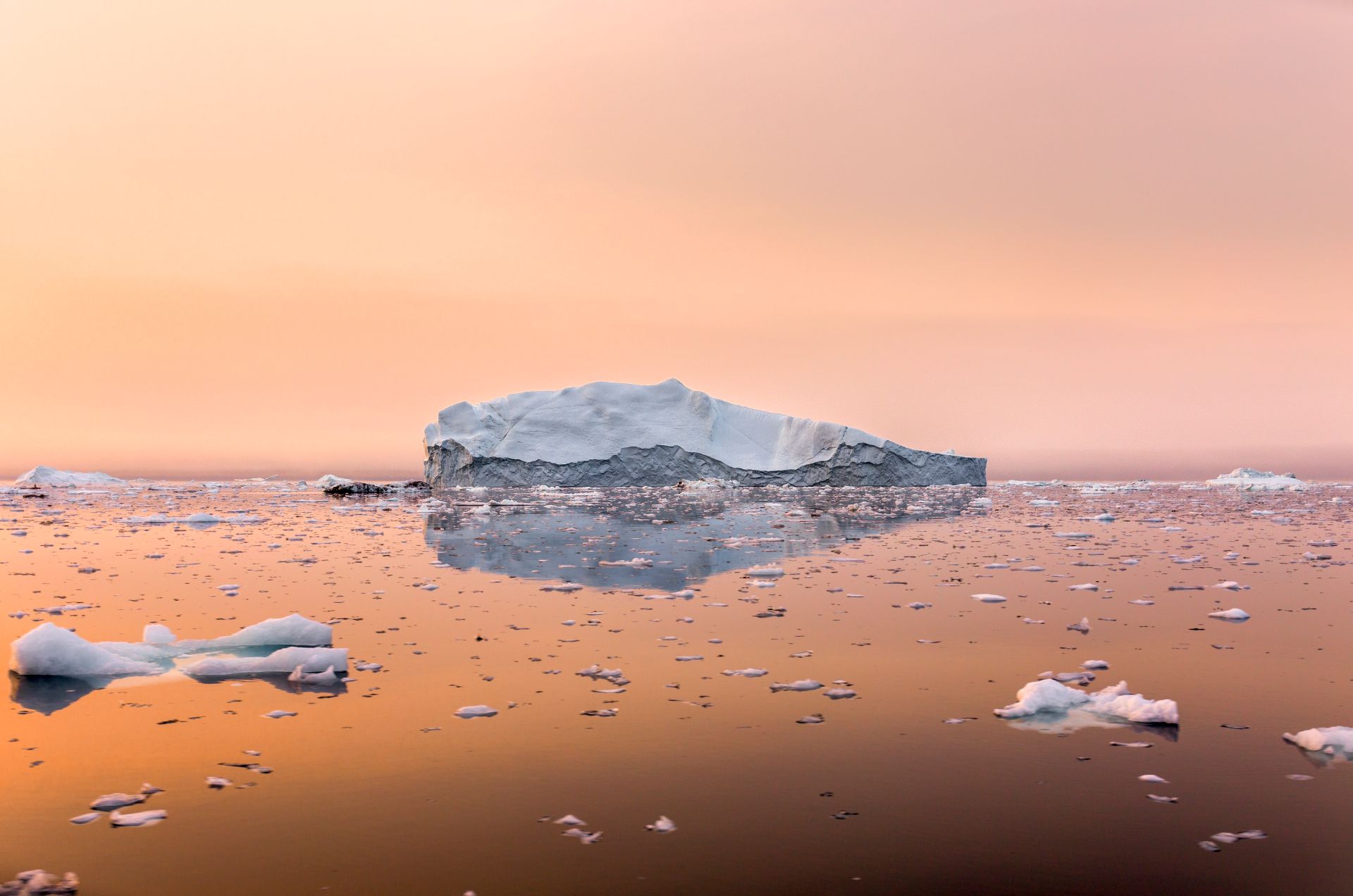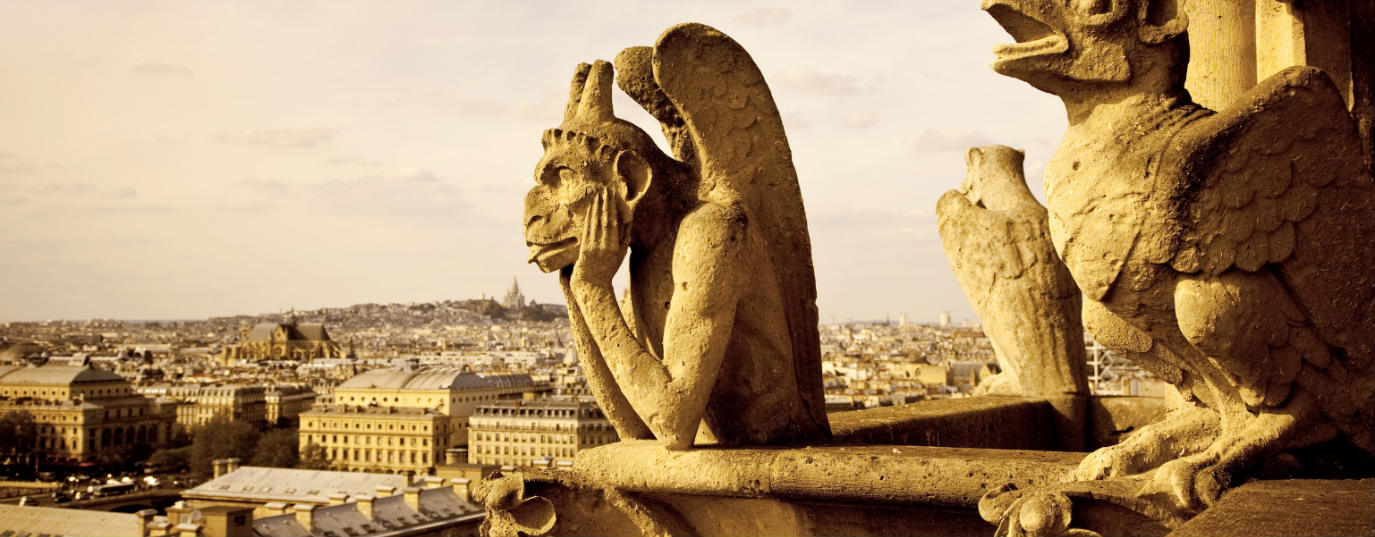COP21: a historic agreement
After twelve days of expectation and intense meetings, the COP21 at Paris closes with a global agreement that finally seems crucial for reducing global warming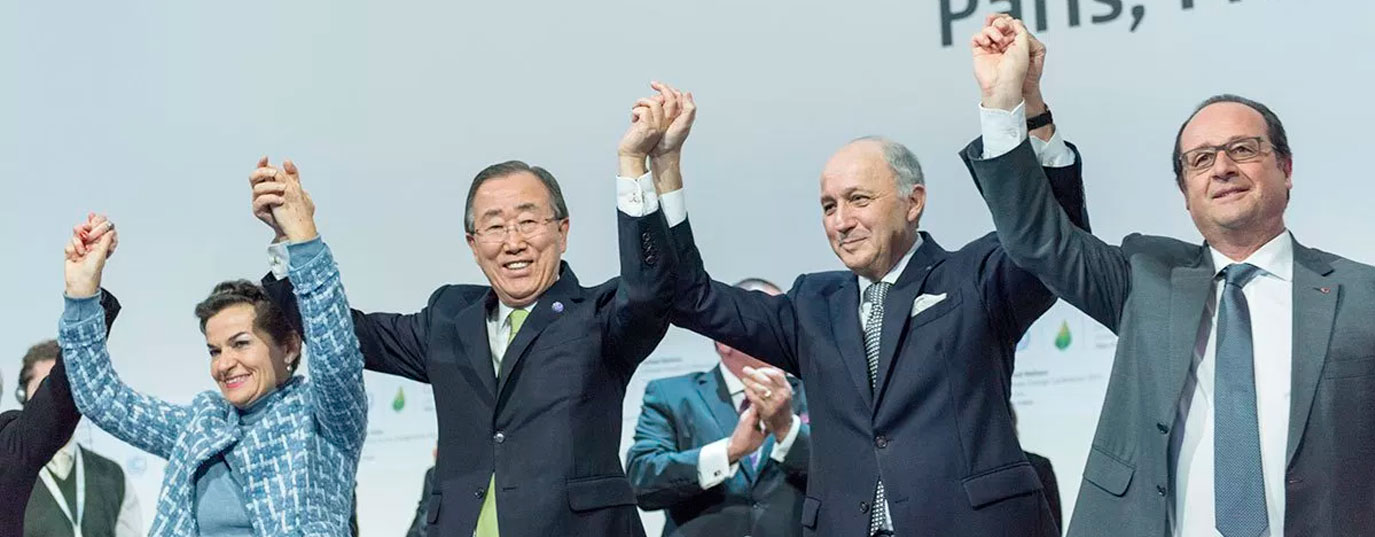
“What was once unthinkable has now become unstoppable” – Ban Ki-moon, Secretary-General of the United Nations
"We are at a turning point in history" – François Hollande, president of France
“A huge step towards securing the future of the planet” – David Cameron, British prime minister
“We will be judged not by what we did today, but what we will do from now on” – Thoriq Ibrahim, minister of Environment of Maldivas
Optimism, this time, was present at the closing of the Conference of the Parties held in Paris during the last two weeks. Contrary to what happened six years ago in Copenhagen, where states failed to reach a global agreement to curb climate change, last Saturday new and hopeful agreements were reached.
At a summit whose protagonists already describe as historic, the Paris Agreement represents an unprecedented success as it considers a legally binding statement among the signatory countries to try curbing global warming, although not with regard to the emission reduction targets of the countries.
COP21: Why is it a historic agreement?
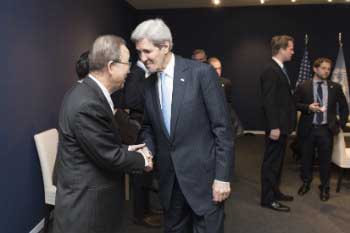
The Paris conference is a turning point since the main objectives that were defined as overriding were achieved. The first of them states that all countries agree in pointing out that the increase in global temperature should be well below two degrees Celsius by the end of the century; this figure was the limit that was handled at the beginning of the COP21.
Furthermore, although there will be no sanctions for countries that violate the agreement, for the first time they are legally committed to report about their emissions and the measures taken to reduce them.
Another major achievement is funding. Most developed countries will annually donate funds worth 100,000 million dollars to developing countries starting on 2020, year of entry into force of the agreements reached in Paris. And also voluntarily, developing countries can provide funds.
It is also good news the fact that the 196 signatory countries -the EU acted as one- have agreed to review the agreements every five years in order to gradually improve the emission data.
COP21: Negative aspects

Is this agreement satisfactory in its entirety to all parts of the summit? Although environmentalists and civil society groups agree that the highest alliance possible under the circumstances has been reached, they also point out that some aspects have been omitted. "By comparison to what it could have been, it’s a miracle. By comparison to what it should have been, it’s a disaster," said George Monbiot, climate change expert and author of Heat: how we can stop the planet burning.
On the other hand, a basic environmental groups claim suchs as a reference to fossil fuels (coal, oil, natural gas, etc.) or a decarbonised economy have been left out of the final text despite being part of the first draft, due to the total opposition of oil producing countries, led by Saudi Arabia.
Also a specific emissions reduction path in the agreement was missed, ie, it is intended "to ensure that global emissions of greenhouse gases will peak as soon as possible".
Sources: COP21 Paris, UN Sustainable Development, BBC, CNN and El Mundo.
Images: UN Multimedia


